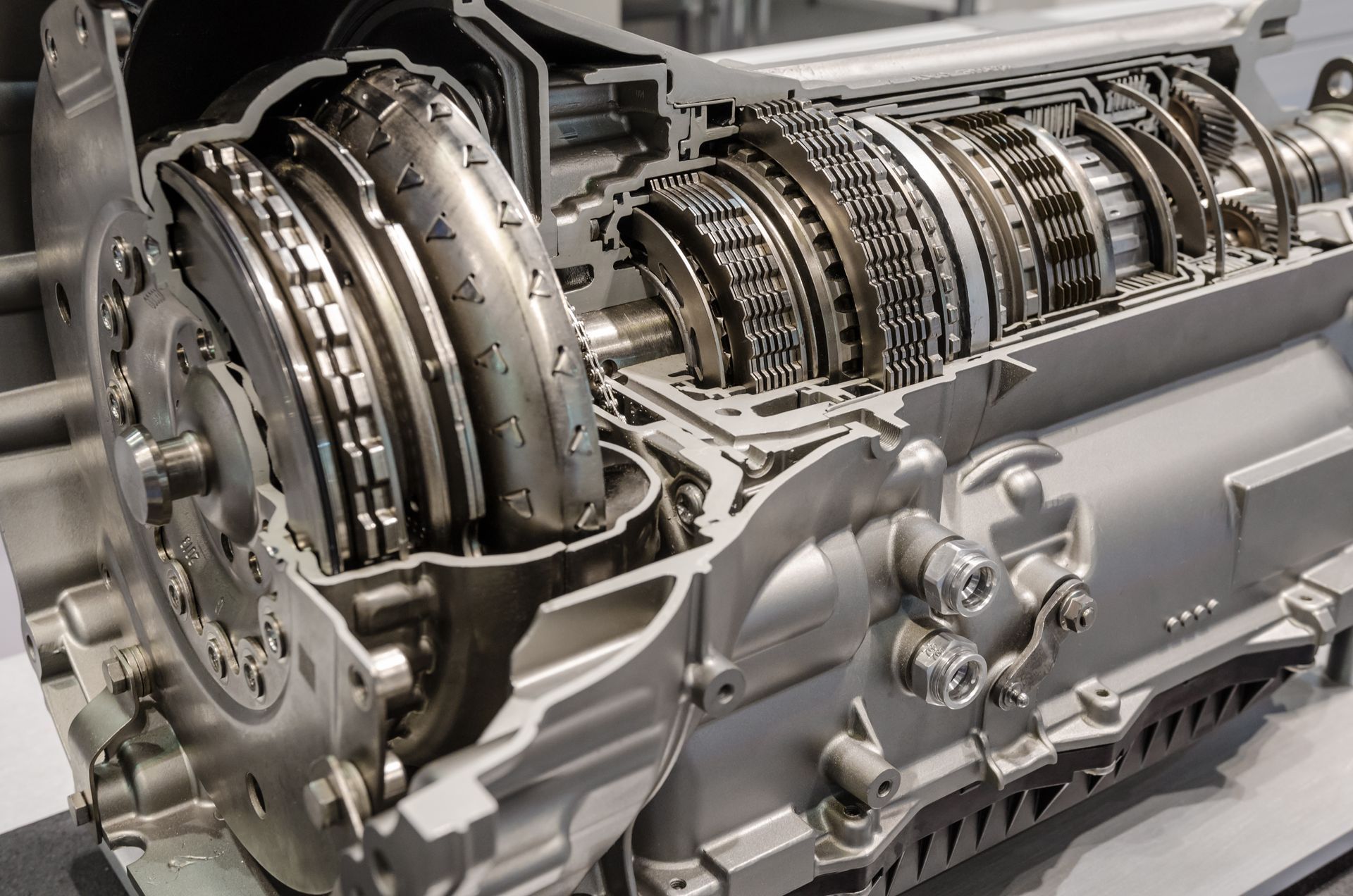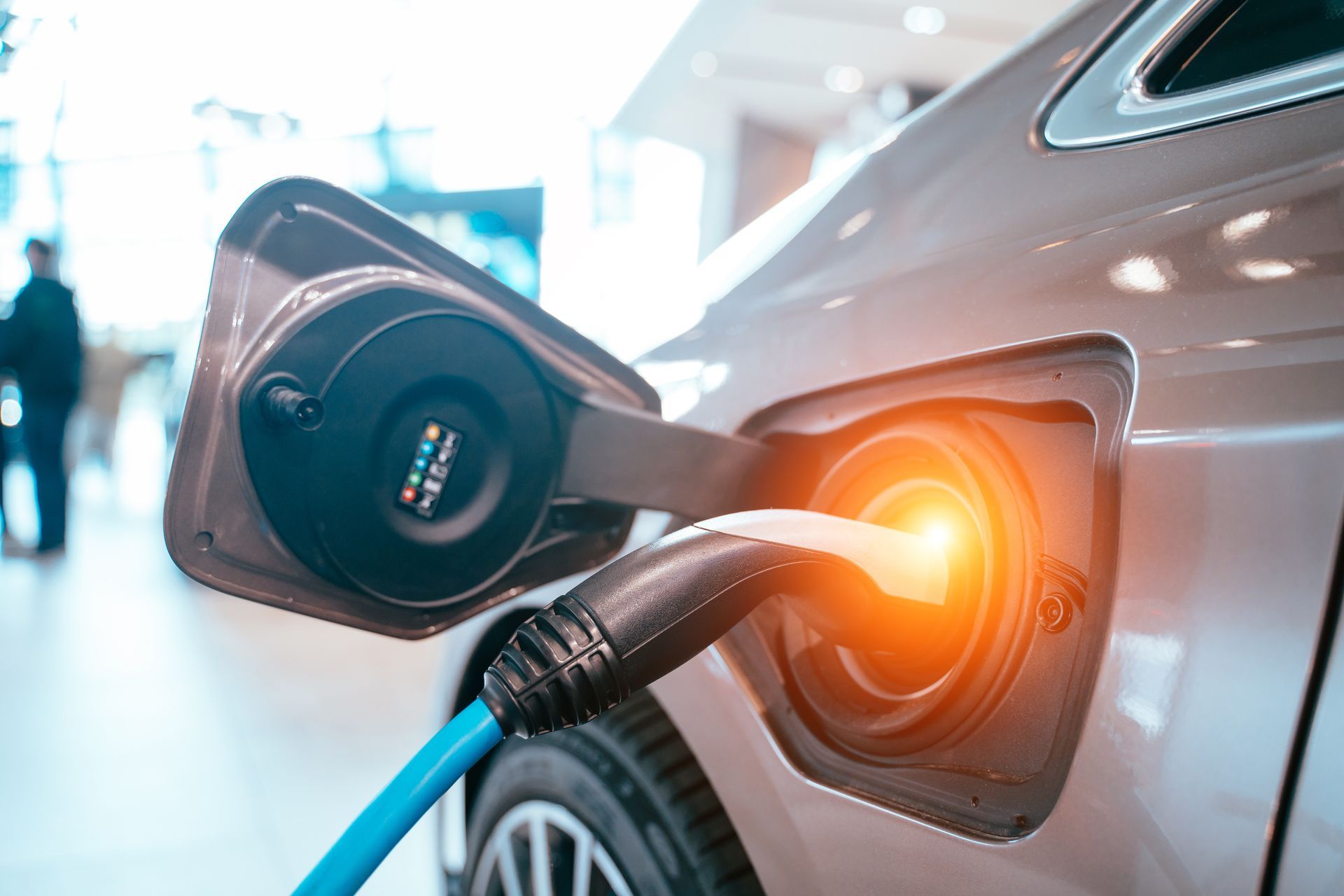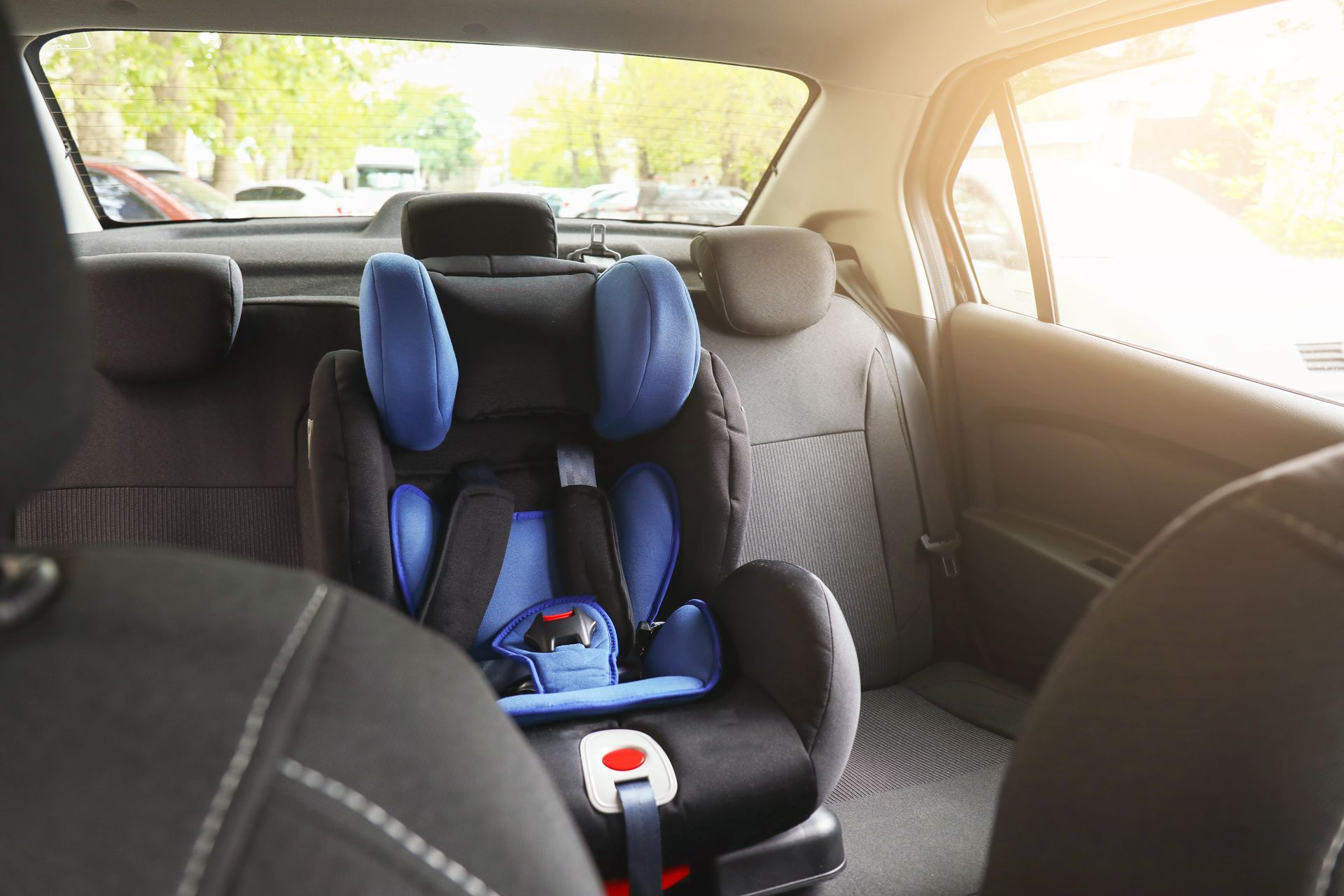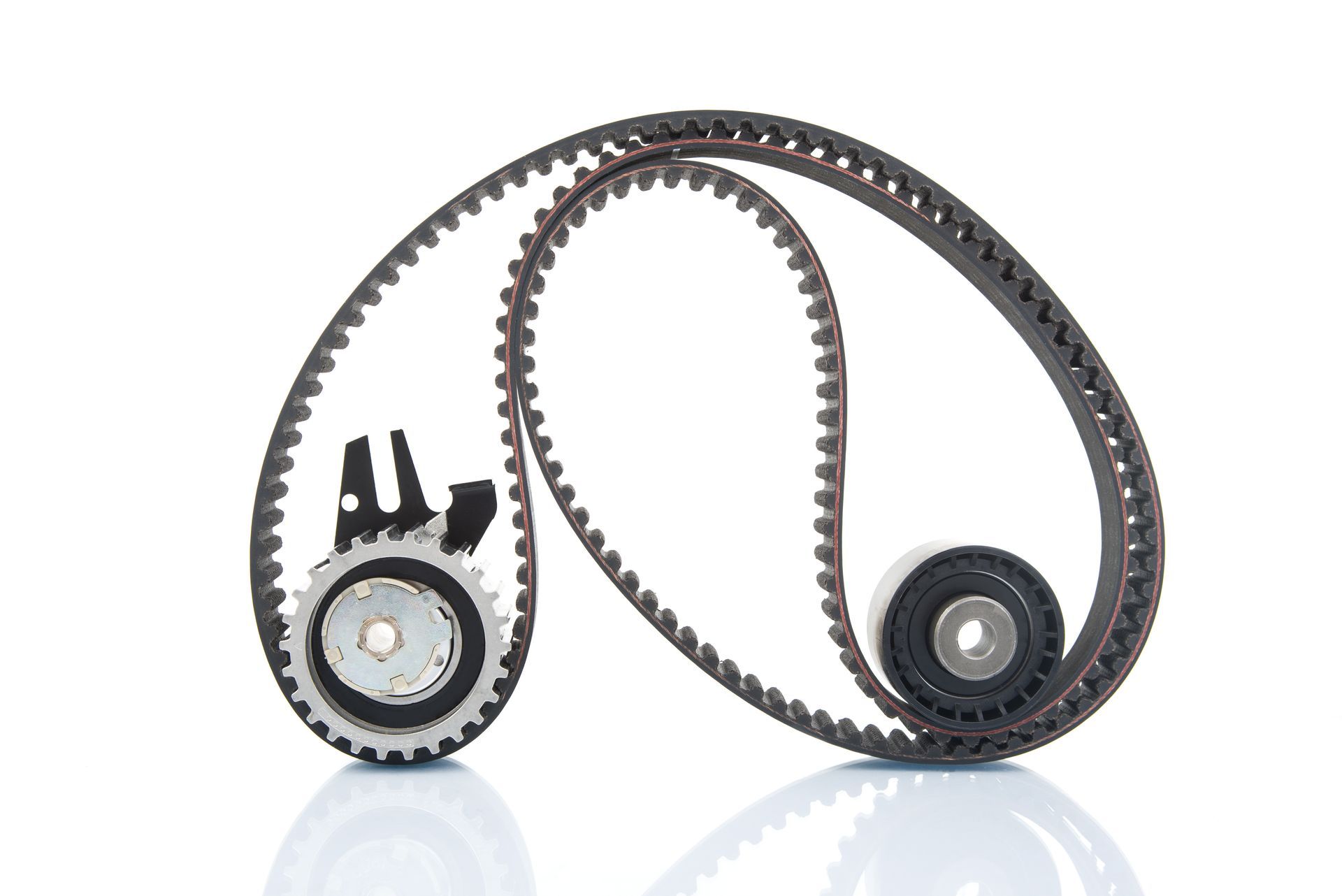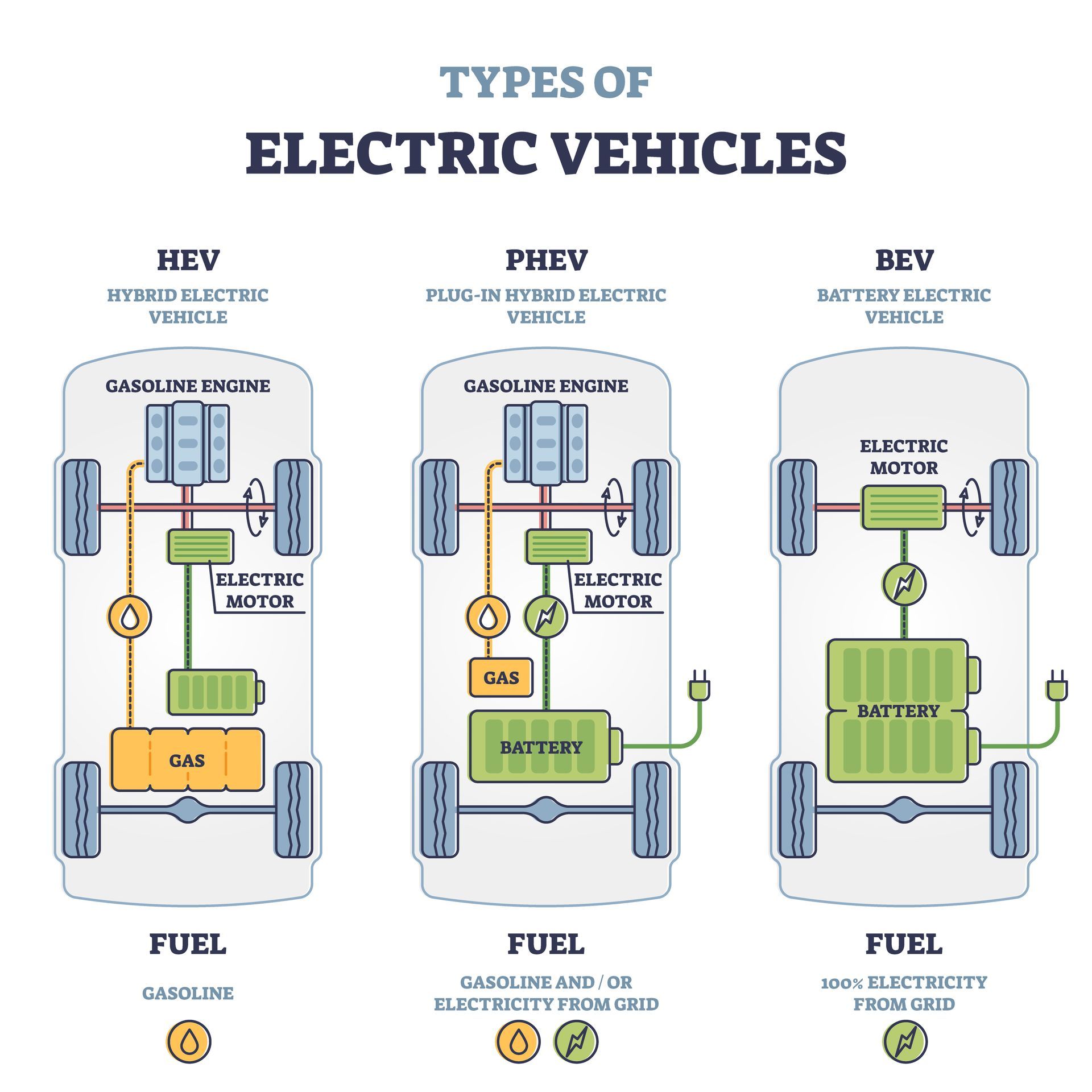Loading ...
Missing business hours data / Error occurred while getting the data.
24 hour service, After hours towing
Loading ...
Missing business hours data / Error occurred while getting the data.
24 hour service, After hours towing
How Do Diesel Engines Compare to Gasoline Engines?
October 30, 2024
When it comes to choosing between diesel and gasoline engines, many drivers are left wondering which option is better for their needs. Both engine types have their pros and cons, and the right choice often depends on your driving habits, fuel costs, and long-term goals for your vehicle. So, what exactly sets diesel engines apart from gasoline engines, and why might one be better suited for you than the other?
Diesel vs. Gasoline Engines
At first glance, diesel and gasoline engines might seem pretty similar—they both rely on internal combustion to generate power. However, the way they ignite fuel and generate energy is what sets them apart.
Gasoline engines operate on a spark-ignition system, mixing fuel with air, comping it in the cylinder, and igniting it with a spark plug. Diesel engines, on the other hand, use compression ignition. Instead of relying on a spark, they compress air to such high pressure that the heat from compression ignites the fuel when it's injected. This key difference in how combustion is achieved leads to significant variations in performance, efficiency, and overall durability between the two engine types.
Efficiency and Fuel Economy
One of the biggest factors that set diesel engines apart is their superior fuel efficiency. Diesel fuel has a higher energy density compared to gasoline, which means diesel engines extract more energy from the same amount of fuel. As a result, vehicles with diesel engines tend to get better mileage, making them a popular choice for long-distance drivers or those looking to minimize fuel costs over time.
Gasoline engines, on the other hand, are generally less fuel-efficient. However, they often come out on top in terms of cost per gallon at the pump. Gasoline is typically cheaper than diesel fuel in many parts of the world, and cars with gasoline engines tend to have lower upfront costs. But if you're clocking lots of highway miles, the long-term fuel savings with a diesel engine might outweigh these upfront savings.
Performance and Power
Diesel engines are renowned for their torque. Torque is what gives your vehicle the pulling power to tow heavy loads or accelerate quickly, especially at lower speeds. This is why diesel engines are commonly found in trucks, SUVs, and commercial vehicles that need the power to haul heavy loads over long distances. If you’re planning on doing a lot of towing or driving in rugged conditions, a diesel engine’s ability to deliver consistent torque can be a game-changer.
Gasoline engines, in contrast, tend to produce higher horsepower, which gives them an edge in terms of acceleration and speed, especially at higher RPMs. This is why many sports cars and performance-oriented vehicles opt for gasoline engines. If you're more interested in zipping around town or hitting high speeds on the highway, a gasoline engine may offer the kind of performance you're after.
Emissions and Environmental Impact
In recent years, environmental concerns have become a major factor when comparing diesel and gasoline engines. Diesel engines tend to emit more nitrogen oxides (NOx) and particulate matter than their gasoline counterparts, leading to stricter diesel vehicle regulations in many countries. Modern diesel engines are now equipped with advanced emissions control systems, such as diesel particulate filters (DPFs) and selective catalytic reduction (SCR) systems, to reduce harmful emissions.
Gasoline engines, while generally cleaner in terms of NOx and particulates, still produce significant carbon dioxide (CO2) emissions. However, advancements in engine technology and the growing popularity of hybrid and electric vehicles have led to more environmentally friendly gasoline engine options.
Durability and Maintenance
Diesel engines are often praised for their durability and longevity. Built with more robust components to withstand higher compression, diesel engines can often outlast their gasoline counterparts with proper maintenance. This makes them a great option for those who plan to keep their vehicle for a long time or use it for heavy-duty applications.
However, diesel engines typically require more specialized maintenance, and repairs can be more expensive than those for gasoline engines. For example, diesel fuel systems and turbochargers need regular attention to keep running smoothly. Diesel vehicles often require the use of additives like diesel exhaust fluid (DEF) to help control emissions, adding another layer of maintenance for owners.
Gasoline engines, while not typically as long-lasting as diesel engines, tend to be easier and cheaper to maintain. Regular oil changes, spark plug replacements, and air filter checks are usually all that’s needed to keep a gasoline engine running reliably. This ease of maintenance might appeal to drivers who prefer a low-maintenance vehicle and don’t need the extended lifespan or heavy-duty capabilities of a diesel engine.
Experiencing engine troubles? Let
Oneida Service Center take a look. Our skilled technicians specialize in diesel and gasoline engine maintenance, ensuring your vehicle runs smoothly for miles to come.
24 hour service, After hours towing
Loading ...
Missing business hours data / Error occurred while getting the data.
having trouble finding us?
Loading ...
Missing nap lines data / Error occured while getting the data.


